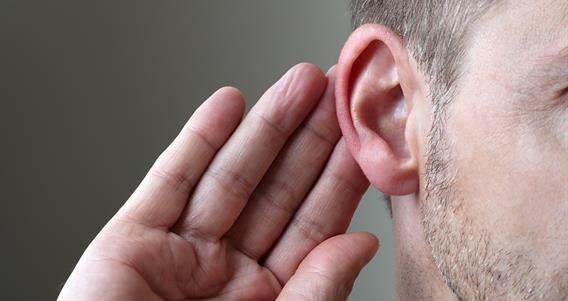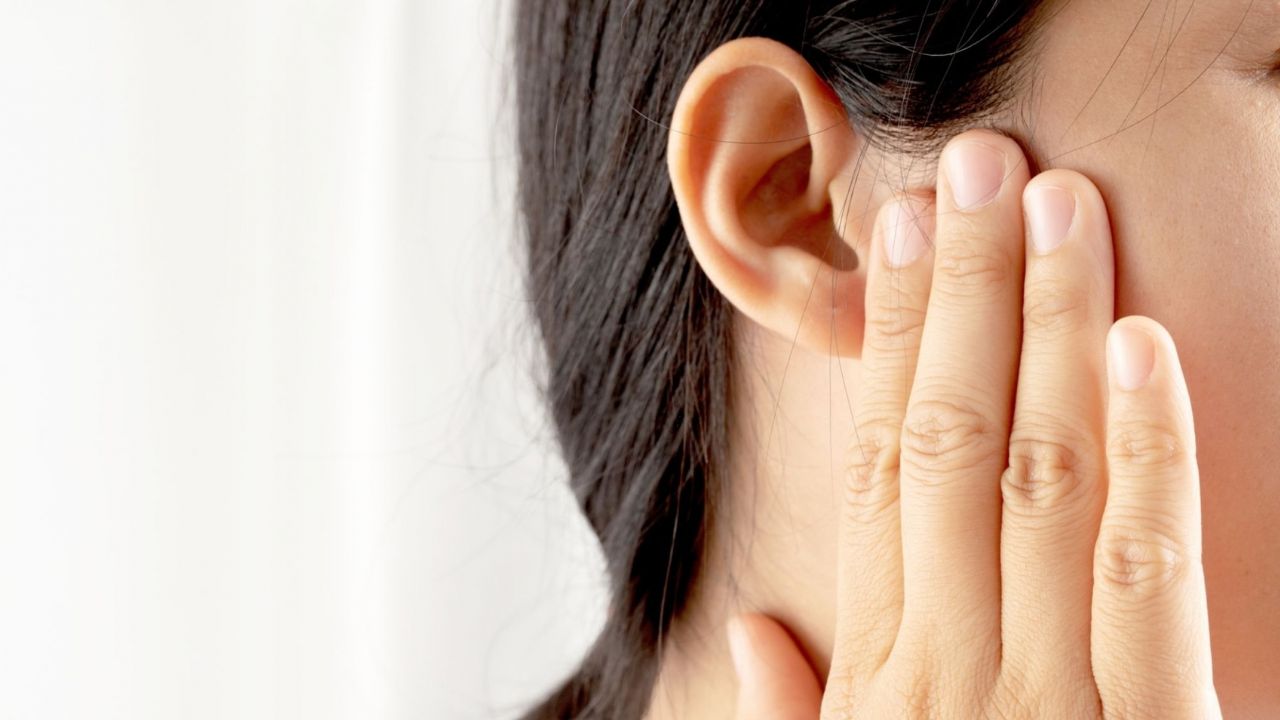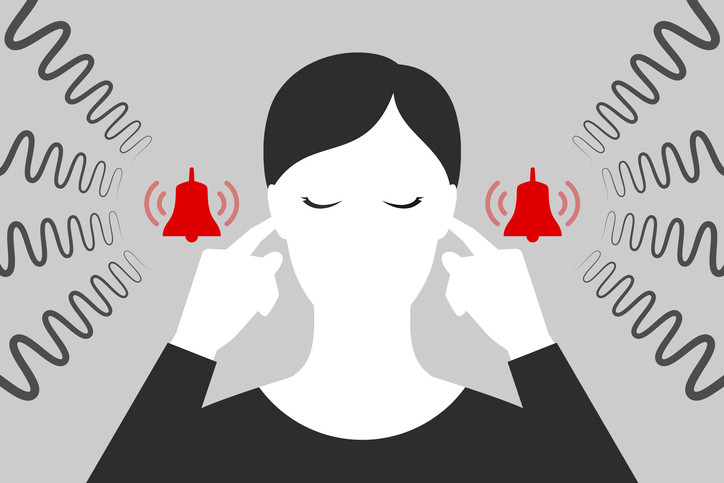Tinnitus, the perception of sound in the absence of an external source, can be a distressing and persistent condition for those who experience it. While there may not be a one-size-fits-all cure for tinnitus, there are various strategies that individuals can adopt to minimize its impact on their daily lives and find relief from the constant ringing or buzzing in their ears.
Understanding Tinnitus Management
Managing tinnitus effectively involves a combination of medical interventions, lifestyle adjustments, and coping strategies. The first step is to seek professional medical advice from an audiologist or an ear, nose, and throat (ENT) specialist. They can perform a thorough evaluation to identify any underlying causes of tinnitus and recommend appropriate treatment options.
Cognitive Behavioral Therapy (CBT)
Cognitive Behavioral Therapy (CBT) is a widely used psychological approach to help individuals cope with tinnitus-related distress. It focuses on changing negative thought patterns and reactions to tinnitus, thereby reducing the emotional impact of the condition. CBT can equip individuals with coping skills to manage stress and anxiety associated with tinnitus effectively.
Sound Therapy
Sound therapy aims to provide relief by using external sounds to divert the individual’s attention away from the internal noise of tinnitus. White noise machines, nature sounds, or specially designed tinnitus masking devices can be used to create a soothing background noise that helps mask or reduce the perception of tinnitus. Sound therapy can be particularly helpful when trying to fall asleep or during quiet moments.
Relaxation Techniques

Stress and anxiety can exacerbate tinnitus symptoms, making relaxation techniques valuable tools in tinnitus management. Practices like meditation, deep breathing exercises, progressive muscle relaxation, and yoga can help reduce stress levels and promote a sense of calm, which in turn may alleviate the perceived intensity of tinnitus.
Hearing Aids
For individuals with tinnitus and hearing loss, hearing aids can be beneficial. They not only amplify external sounds to improve hearing but can also provide relief by making the tinnitus less noticeable. Hearing aids help the brain focus on external sounds, which can effectively reduce the brain’s attention to the internal tinnitus noise.
Avoiding Loud Noise Exposure
To prevent further damage to the auditory system and potentially worsening tinnitus, it is crucial to avoid exposure to loud noises. In noisy environments, wearing hearing protection such as earplugs or earmuffs can help preserve hearing health and reduce the risk of tinnitus caused by noise-induced damage.
Limiting Stimulants
Certain substances like caffeine, alcohol, and nicotine have been linked to tinnitus aggravation in some individuals. Limiting or avoiding the consumption of these stimulants may help reduce the intensity of tinnitus for those sensitive to their effects.
Maintaining a Healthy Lifestyle

Engaging in regular exercise, maintaining a balanced diet, and getting enough sleep are essential components of overall well-being and may indirectly contribute to tinnitus relief. A healthy lifestyle can reduce stress levels, promote better sleep quality, and improve overall mood.
Professional Support and Education
Support groups and educational resources can play a crucial role in helping individuals cope with tinnitus. Connecting with others who share similar experiences can provide a sense of understanding and emotional support. Additionally, learning about tinnitus and its management through reputable sources can empower individuals to take control of their condition.
Seeking Professional Help
Lastly, it is vital to emphasize the importance of seeking professional help for tinnitus management. Every individual’s experience with tinnitus is unique, and what works for one person may not be effective for another. Consulting with a qualified healthcare professional ensures that the chosen strategies are tailored to the specific needs and circumstances of the individual.
In conclusion, minimizing tinnitus involves a multifaceted approach that encompasses both medical interventions and lifestyle adjustments. Cognitive Behavioral Therapy (CBT), sound therapy, relaxation techniques, hearing aids, and maintaining a healthy lifestyle are among the strategies that can help individuals find relief from tinnitus-related distress. Alongside these techniques, protecting hearing in loud environments and seeking professional support and education are crucial steps towards effectively managing tinnitus and improving overall well-being. Remember that tinnitus is a treatable condition, and with the right approach, individuals can regain control over their lives and reduce the impact of tinnitus on their daily activities and mental health.

Leave a Reply